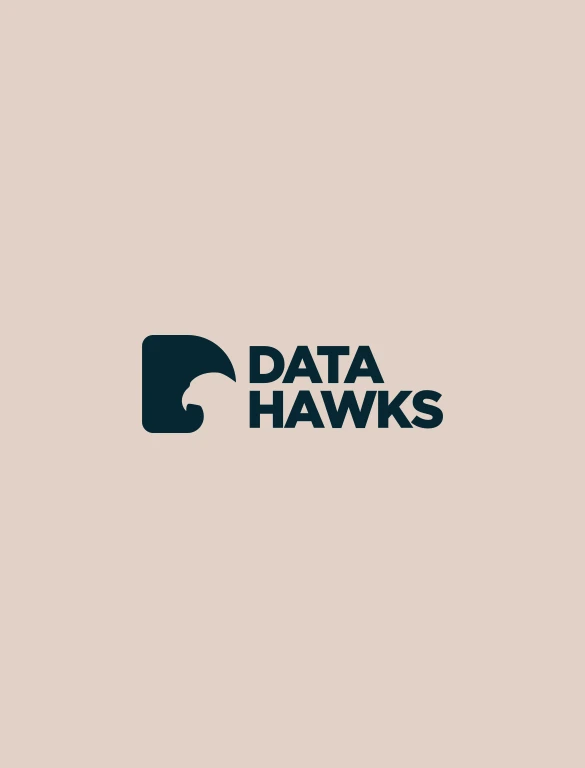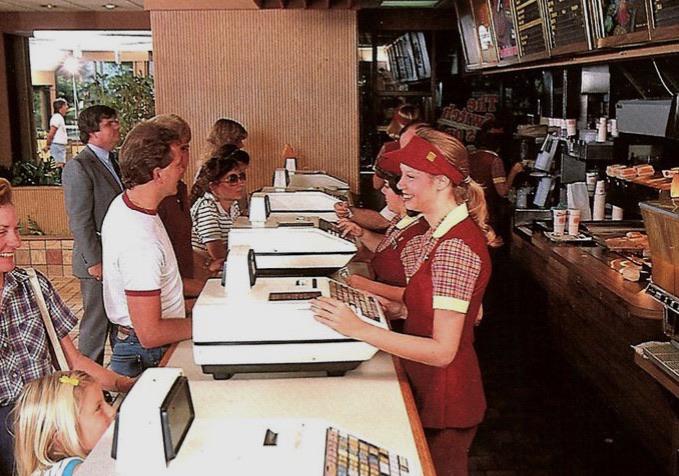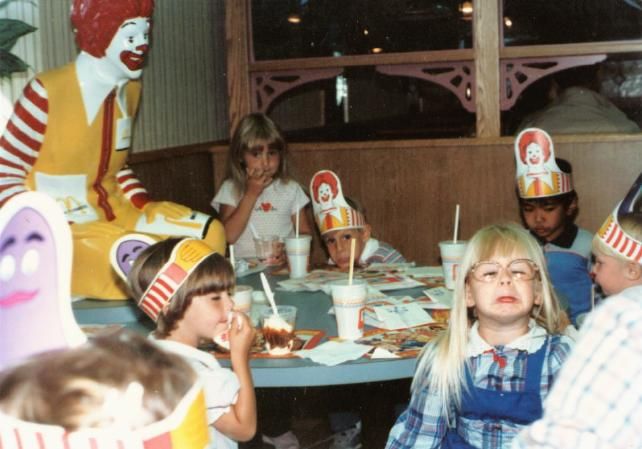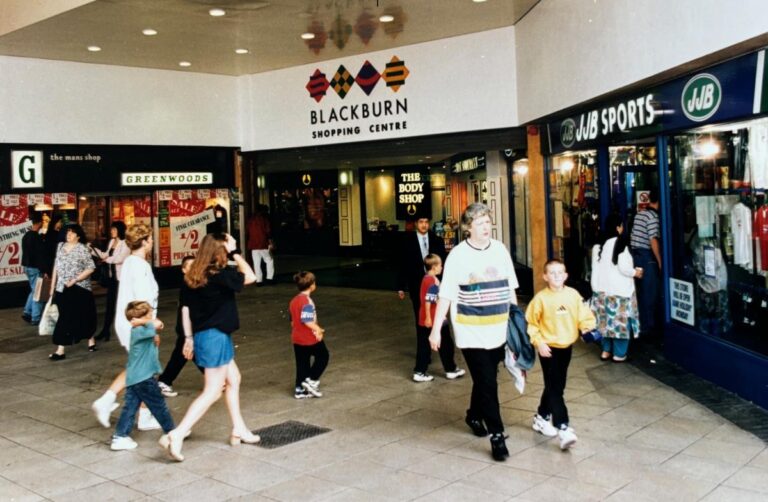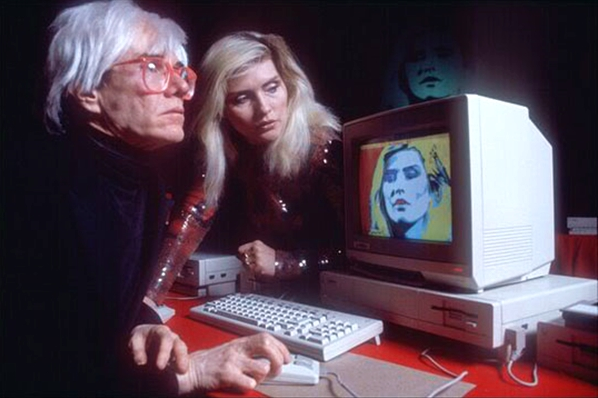THE TESCO CLUBCARD
In 1994 Edwina Dunn and Clive Humby, the owners of a business they had set up just 4 years earlier, were invited to present to Tesco – who were thinking of starting a loyalty scheme.
At the end of the presentation followed a long and awkward silence, before Tesco’s then chairman, Lord MacLaurin, famously remarked. “What scares me about this is that you know more about my customers after three months than I know after 30 years.”
The software and pioneering data-led approach Dunn and Humby demonstrated that day enabled Tesco to double its market share in little more than a year and completely transformed the way the country shopped.
It’s been 26 years since Clive and Edwina used their expertise to help Tesco launch the Clubcard, nearly 20 since Nectar launched, 23 years since Boots launched its data collection tool, Advantage – and even new kids on the block Netflix and Spotify have put collecting and using data at the heart of their business model since their founding in 1997 and 1996 respectively.
Supermarkets and other retailers take data collection extremely seriously, and as a result know how often you visit, how long you linger, the journey you’ll make around the store, your pricing sensitivities, which brands and products you’re loyal to and which you could be turned by, your life stage, your insecurities, and your aspirations.
Netflix and Spotify, who harvest data from that first ‘free trial’ sign-up, are constantly using the data they gather to segment and push you along a sales funnel so seamlessly, it sometimes feels like they know you better than you know yourself. They even know at what point you’re likely to cancel your subscription and can take relevant action to avoid that too.
And thriving high-street retailers such as H&M, McDonalds, Zara and Nike make data collection and its deployment a foundation of their marketing, commercial and operational strategies.
All these businesses collect meaningful data at every turn, and most importantly they know how to use it to drive short-term sales, long-term customer retention and unrivalled loyalty.
HOSPITALITY IS FALLING BEHIND
So given the challenges we were facing long before Covid took us in its grasp and the highly uncertain future ahead, it seems odd that hospitality remains one of the only customer-facing sectors still believing we can know our customers, their behaviours, mindsets and motivations well enough to drive optimum sales and build genuine business resilience through anecdotal evidence alone – and often just by looking at a handful of them whenever we visit a site.
I’ve written before about the significant but rarely acknowledged evolution hospitality has been through even in the last 10 or 20 years, the era of personalisation we now live in, and how the average leadership team is light years away from Generation Z – the digitally native and increasingly demanding 18-25 year olds who account for over 40% of the market today (and is a group literally growing by the day.)
And I’ve hammered home the startling new reality that exists – the brands who don’t know their customers in intimate detail (particularly those who represent the most value to them) will lose them to the brands who do.
Because the survival of both the majority of operators and our industry as a whole will depend on our ability to understand and influence prospective and existing customer’s behaviour and mindsets – both online by thinking like an eCommerce business and in-venue by responding to previous or likely behaviour long before they step over the threshold.
It’s clear that to be a customer business in 2021 and beyond, you must become a data business.
WHY DOES THIS INDUSTRY FIND IT DIFFICULT TO EMBRACE DATA?
It’s fair to say that the typical hospitality business is somewhat unique in the challenges which arise from its blend of in-person, emotionally charged, often instantaneous proposition – after all, Zara, Netflix and Tesco have never been held accountable for the success or failure of someone’s 21st birthday, a spontaneous and desperately needed wind-down after a tough day at the office – or more tragically the death of a loved one who had simply eaten the wrong food.
It’s also true that as an industry, we’re still miles away from taking marketing seriously at all, let alone constructing our businesses around it.
And if you speak to anyone in hospitality it’s hard to imagine how data could exude the same passion, sense of vocation and sheer grit as many of us have at our core.
But that’s the huge opportunity we have to grasp – because while Sainsbury’s, Nike or Netflix have the data and the incredible insights it brings, they don’t have the same ability to execute it with the absolute heart that sits at hospitalities’ centre.
And so we must embrace meaningful data collection whole-heartedly – because data which tells us how to attract customers who will represent the most value to us, convert existing customers to spend more money and retain them for as long as possible – brought to life with the passion, empathy and creativity this industry is known for would be a very powerful force indeed.
If you need guidance on how to harness the power of your data, contact one of our team today.
